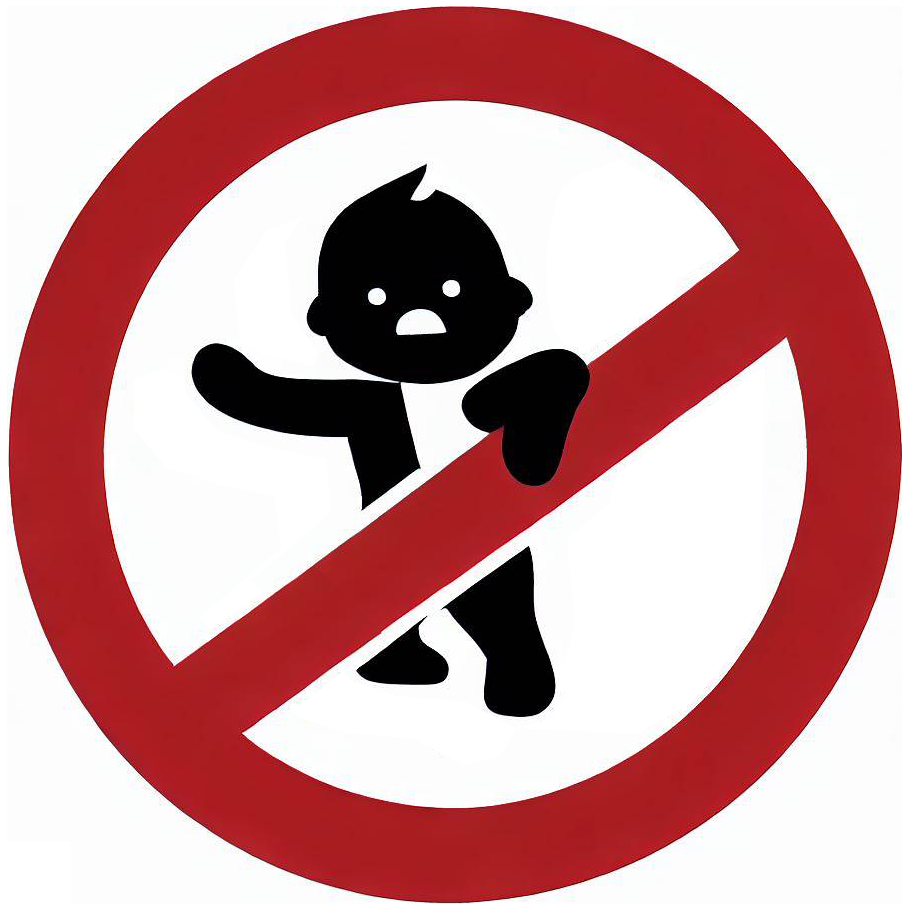

Agreed. I wonder how one controls for confirmation bias here? Maybe show another graph depicting screening rates, or a plot showing the introduction of newer and more accurate screening methodologies?


Agreed. I wonder how one controls for confirmation bias here? Maybe show another graph depicting screening rates, or a plot showing the introduction of newer and more accurate screening methodologies?
As a (perhaps unintentional) slip, “an insensitive” works rather well here. Gatekeeping your field in a forum of open(ish)1 information exchange is just categorically “not nice”.
Personally, I would have opted for a portmanteau like “incentsitive”.
1 - Paywalls notwithstanding.


The only good bug is a dead bug.



Too bad.
…
Hello there!
Not just porn, but classic art by a famous artist. Check out Hokusai’s “The Dream of the Fisherman’s Wife.”


Once again Gen-X is ignored.
I will maintain, as I always do, that getting lumped in with the wrong group and ignored is the most Gen-X thing going right now.
With that, I conclude: whatever ::eye roll::.


Go troll harder somewhere else. This is a pretty lame attempt to distract the thread.


Ideally yes. This is me and Mrs. Warp Core and I wouldn’t change it for the world.
However…
Well, let me put it this way. Ever have a best friend that, after spending a lot of time around, you find out that you actually can’t stand more than a few hours at time? That is absolutely a possibility here. Only now their stuff is in your house (or vice-versa), and/or they’re on the same lease.
$0.02: It may not always be advisable, but absolutely benchmark the practical aspects of your romance long before tying the knot. Long-term co-habitation is not the only route here. Consider other ways to rack up large blocks of time: getaway vacations, long weekends, or even just “play house” for a few days at a time. You’d be amazed at what horrible, terrible, filthy, obnoxious habits your partner has when “at home.” The reality is that everyone is a bit (more) of a mess in private, and the only real question you have to answer is: “what am I willing to put up with?”


Thank you!


I firmly believe this is how we wound up with tabs as a feature in the first place.
Looking for bread tumors?


I really don’t want a show that lasts for 10 seasons.
Same. I like it when shows do not overstay their welcome, and like it much worse when the writers pad the story for an extra season or three.
The IT Crowd is a fine example of this. Any more, or any less, and we might have been disappointed as an audience.
Meanwhile it is my hope that What we do in the Shadows knows when to call it quits.


Scrubs
Okay, but that last season? If we disregard that, the show is damn near perfect.
Supernatural
I get that this is weighing in at #30, but that graph is pretty consistent. They end on a low note, but it’s not too far outside the normal range overall.
I turned down a cameo in the Friends reboot, for this?!


Not all jokes are what they cream to be. That said, this one really whipped the competition.
Thanks. I always though the “United” part of the USA was aspirational from the start (we’re still working on it), so I went with “Unity” for the same reason.
Then again, a Bizarro USA wouldn’t have to advertise that part so loudly, so your matter-of-fact “Union” kinda fits too.
Ah yes, the American States of Unity.
This must be what it’s like to see your reflection for the first time. Is the continental US really that lopsided?


I feel like this should be adjusted for exchange rates in USD, so we can see the relative impact in local money.
For instance, Rio looks cheap, but the Brazilian Real is changing 1:5 right now. That would put it on par with Atlanta.
And I recall Sochi had a lot of grift/scheming going on but that’s just comically awful.
I get where you’re coming from, and I would love to see a Richard Scary take on “AI Prompt Engineer” or “Influencer”.
Yes, but also this stressed out, in October of 2024? Either my mental health is in the dumper 20 years from now, or I need to pick a different year.
Edit: this thread. Yikes. Take time to take care of yourselves - you deserve it. I wish you all a good day and a pleasant good night.